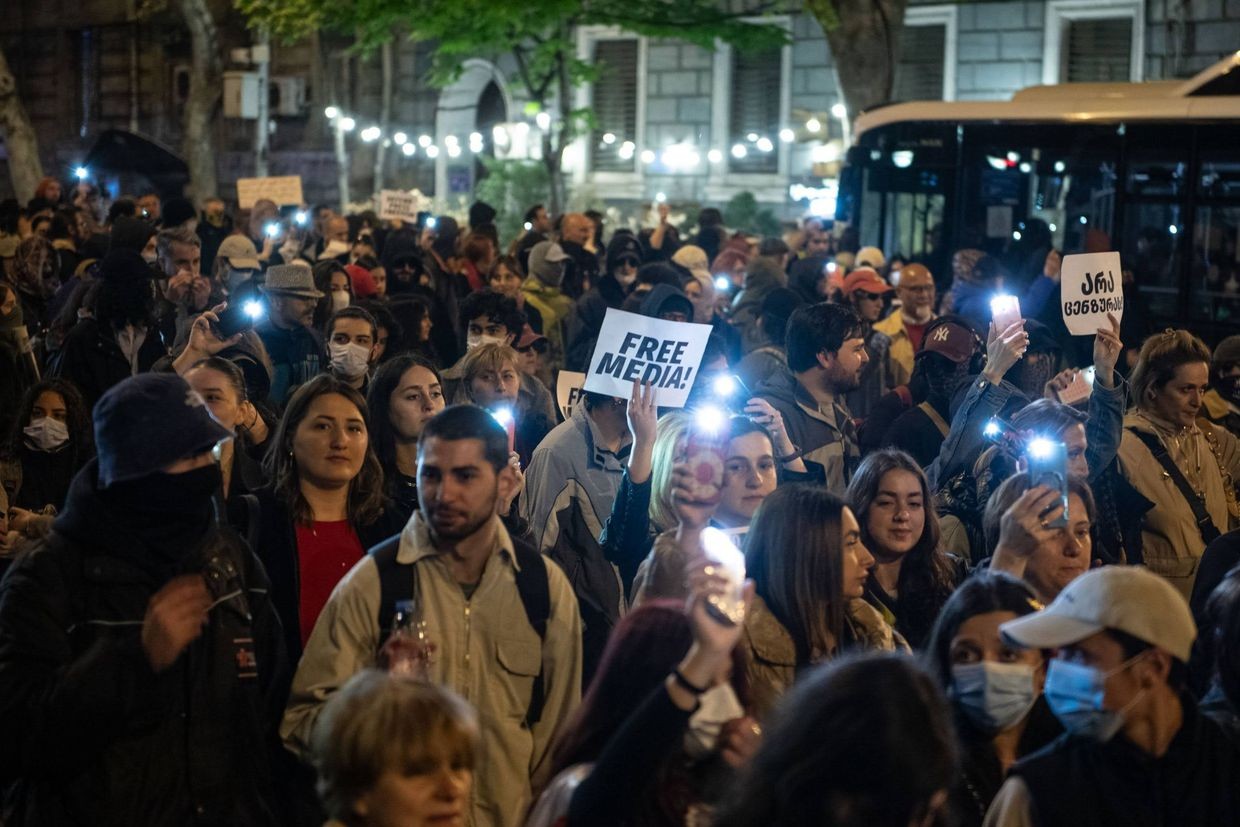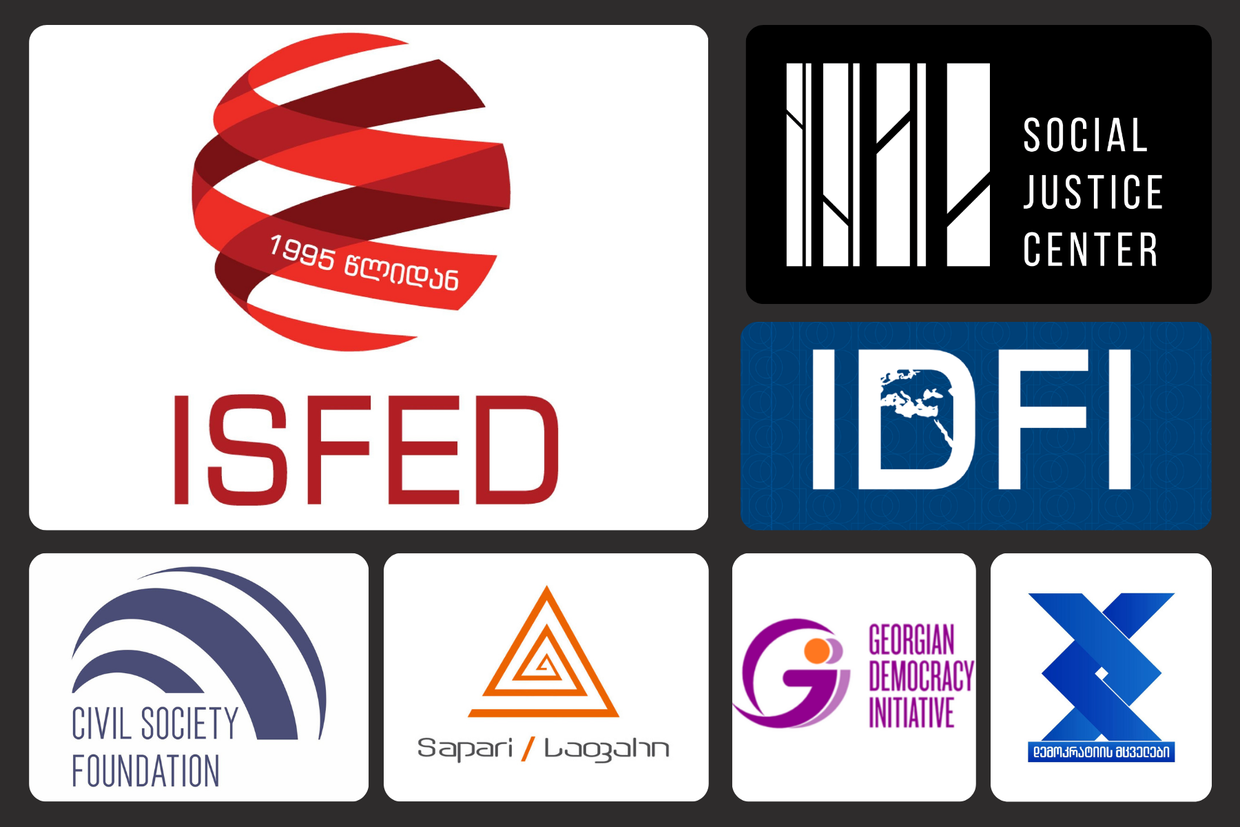
The Georgian Charter of Journalistic Ethics will not carry out monitoring of election coverage ahead of the 2025 municipal vote. The organisation cited the loss of funding as a result of restrictive laws recently adopted by the Georgian Dream government.
It will be the first time in 13 years that an independent journalists’ association and watchdog will not monitor the coverage of elections by television and online media.
‘The repressive laws adopted by the Georgian Dream and its harmful policies toward the media have made it impossible to carry out such activities this year’, the organisation said in a statement on Tuesday.
The charter further noted that, as a result of the ruling party’s policies, it lost access to funding from Western donors, which had for years supported the charter’s large-scale media monitoring projects.
Founded in 2009, the charter currently has 360 Georgian journalists as signatories of its principles. It conducted the first election monitoring during the 2012 parliamentary elections, which saw the ruling Georgian Dream party defeat the United National Movement (UNM).
It most recently monitored the disputed 2024 parliamentary elections, after which Georgian Dream intensified legislative pressure on both civil society and media critical of the government.
According to the charter, it will continue to perform ‘basic functions’ on a voluntary basis, including reviewing citizens’ complaints about violations of media standards, but it will no longer be able to carry out full-scale projects.
Earlier, on 21 August, the Georgian election watchdog the International Society for Fair Elections and Democracy (ISFED) announced that there would be no observation mission for this year’s elections.
The organisation cited concerns about fairness, but its report also mentioned a series of legislative changes that ‘restricted the rights of observers’ and increased government ‘pressure on domestic observer organisations’, including the one about foreign grants.
A legislative crackdown against civil society
In recent months, the ruling Georgian Dream party has adopted a series of restrictive laws and amendments, several of which have specifically targeted civil society organisations and independent media.
One of the amendments made to the law on grants in April required civil society organisations to obtain the government’s permission before receiving any grant from outside of Georgia. In addition, donor organisations must also submit a copy of the grant to the Georgian government beforehand.
During the same period, the ruling party introduced the Foreign Agents Registration Act (FARA) law, presenting it as a word-for-word translation of the US legislation with the same name.
Under the legislation, a foreign agent is defined as any person who is under the control of, or acts at the direction of, a foreign power and acts in the interests of that foreign power.
Critics have repeatedly pointed out that the US law has not been used to target civil society and media, and that Georgian Dream was disregarding US judicial practices over their own legislation in doing so.
The enforcement of both laws — including decisions about who is ‘acting at the direction of a foreign power’ and who is receiving unauthorised grants — has been entrusted to the Anti-Corruption Bureau, which is under the Prime Minister’s Office.
Georgian Dream has repeatedly claimed that new legislation was necessary to fight the ‘influence of external powers’. Nonetheless, critics of the ruling party have insisted that these changes aim to undermine the media and civil society in an already fragile democracy.
The restrictive laws were passed in a parliament where opposition is virtually nonexistent. Following the disputed 2024 elections, opposition parties refused to participate in parliamentary sessions.
Since then, the ruling party has passed several new restrictive pieces of legislation without any obstacles, targeting the media, civil society, and other critics.












